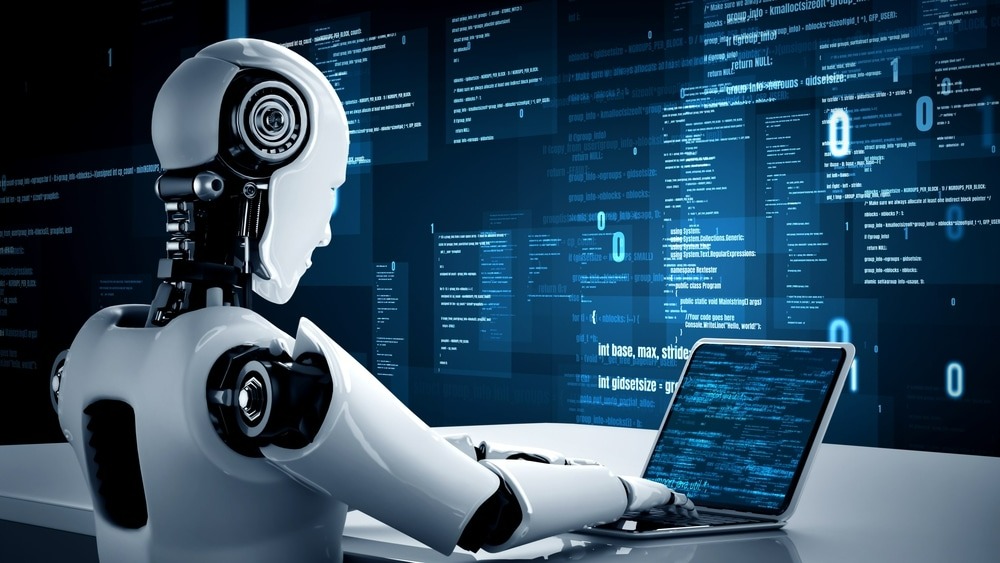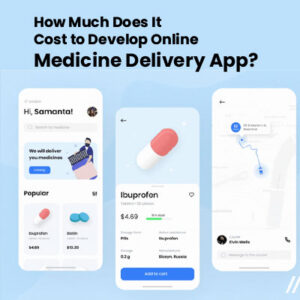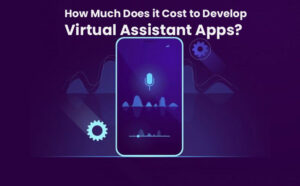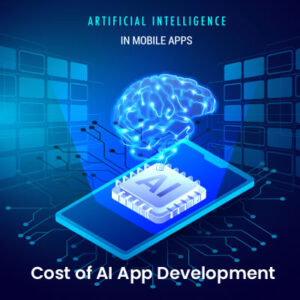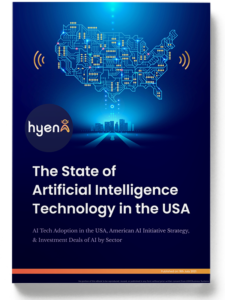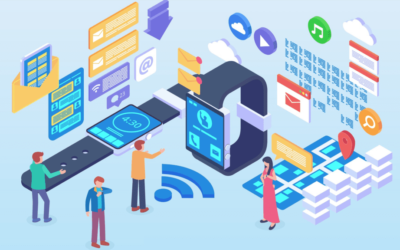Future of Software Development in the Era of AI
The Future of Software Development in the Era of AI
Software development, since its origin, has witnessed tremendous changes, and with AI now on the horizon, it is poised at the edge of a significant turn in the course of it. AI will change the game not only about the way the software is developed but also its deployment, maintenance, and evolution. New AI methodologies, tools, and automated processes will take the future of software development to new heights. We will discuss here how artificial intelligence is changing the software development industry and what AI will bring to developers and organizations in the years ahead.
The Boom AI-Driven Software Development
The most direct impact AI is going to have on software development is to make many tasks that are now being done by human developers into automated processes. For example, AI tools can automate certain aspects of coding, debugging, testing, and documentation. In the future, AI is likely to assume a much more significant role in these areas, thereby cutting down significantly the amount of time needed to develop software.
-
Code Generation and Assistance
One of the most profound changes that AI has brought is the automatic generation of code. However, although AI-driven tools are still in their infant stages, what has been shown by OpenAI’s Codex and GitHub Copilot is the huge potential in assisting developers to give real-time code suggestions. These tools take large codebases, analyze them to understand the patterns, and then give out recommendations that speed up the development process.
In due time, the next generation of tools of this sort will be able to generate whole functions, classes, or even applications from high-level descriptions coming from developers. Not so long in the future, AI will become the driving factor in low-code and no-code platforms so that even a non-technical person can design fully functional applications without deep knowledge of coding.
-
Debugging and Error Detection
One of the most time-consuming jobs in the development of software is debugging. AI Tools may not take the place of human intuition or expertise but are already proving helpful in detection, suggesting fixes, and even possible security vulnerabilities.
AI models can learn from extensive codes to identify patterns of errors and quickly suggest a cure. This would offer an even broader ability to analyze systems next into the future compared to that which exists today. It would predict and identify issues in the code ahead of time, therefore reducing the need for manual debugging as well as increasing reliability in software.
-
Testing and Quality Assurance
Testing has always been a time-consuming process in the software development. AI can now generate test cases from user stories, historical data, and application behavior. Also, AI relies on machine learning models to predict which portions of code are suspected to have defects, therefore allowing developers to target them first.
Other significant advantages AI-powered tools have are continuous monitoring of the code quality. An AI system will not wait until the critical milestones of the development lifecycle occurs, instead, it continues to monitor and test the software in bits and flags the issues that may or may not pose a real-time threat. Thus, the development cycle will get faster, and the end product will get more stable.
-
AI-Powered Development Environments
IDEs are being innovated with AI, which has intelligent features that will help the developer at every stage of the development process. This means that with AI-enriched IDEs, real-time suggestions on code and possible errors will be predicted while suggestions for optimization will also be offered. This means that the developers will be in a better position to have their codes improved with fewer redundant steps.
Moreover, AI-driven IDEs offer automatic documentation, saving a lot of time for mobile app developers. By analyzing the code, AI tools produce extensive documentation that automatically outlines the functionalities of the code. It will enhance collaboration among teams and support long-term maintenance.
-
AI in Software Design
AI plays a very important role not only in the development process but also in the early stages of software design. AI tools would analyze user requirements, market trends, and existing design patterns to propose system architectures, user interfaces, and features in alignment with current trends and user preferences.
Additionally, AI would enable new features to be added automatically through the appropriate change in designs to satisfy emerging needs. In the future, AI may even assist in the creation of entirely new paradigms of software design based on extant patterns and the generation of new ideas that might not be available to human designers.
-
AI in Code Optimization
The primary use of AI is the optimization of the code with reference to its speed and other resource utilization. AI identifies changes to improve code running speed or reduce memory usage. This is critical, for instance, in mobile applications and other embedded systems, as well as in cloud computing; such fields are highly constrained with regards to performance and usage of resources.
In addition, AI systems will also constantly monitor production environments and make adjustments in configurations in real-time for peak performance based on actual usage patterns. Because AI learns based on real-time data, it will adjust software to respond appropriately to changing workloads for better user experiences.
-
AI for Personalized Software Experiences
The use of AI brings a much more personalized software experience because of user preference and behavior and the interaction pattern. For example, machine learning algorithms could analyze data from users, suggest to them, generate predictive text, or create unique personalized content to improve the user’s experience.
This is seen among consumer software, with current evidence in recommendation engines across the streaming platforms, the e-commerce sites, and the social media. It would then branch out into business software as the AI becomes smarter. The companies can provide personalized workflows, tools, and solutions based on specific needs and preferences of their users.
The Future of AI in Software Development
This also means that AI will revolutionize how collaboration occurs within software development teams. Collaboration tools based on AI make communication and project handling easier, automatically tracking how much has been done, identifying bottlenecks, and even suggesting ways to resolve conflict to improve workflows. Additionally, AI can also make predictive insights on timelines of project delivery, risk, and resource requirements to help facilitate better decision-making and improved resource utilization. More integrations of AI tools will increase the interactions between developers. This increases the possibilities of delivering more innovative, efficient, and robust software solutions.
Conclusion
The future of AI software development is unbelievable. Advances in AI would change every single step within the software development lifecycle, across design, coding, testing, deployment, and maintenance. It will be used for automating various repetitive tasks, code optimization, and overall improvement in collaboration through using AI-driven tools. Hence, the process of AI software development will eventually be streamlined, individualized, and innovative.
Hyena, one of the leading AI app development companies, provides end-to-end AI software development services, from UI designing and code development to application deployment and maintenance. We help organizations build innovative AI applications that meet their modern business objectives and remain competitive in this digital space.
Get in touch for more details!
